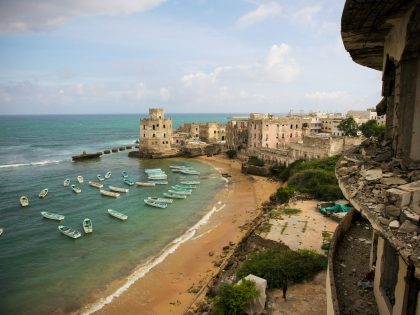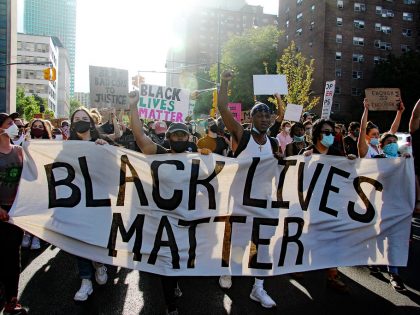
What is whiteness to a cyborg?
Tracing the digital contours of the settler colony helps us understand how old inequalities will shape a future with artificial intelligence.

Tracing the digital contours of the settler colony helps us understand how old inequalities will shape a future with artificial intelligence.

What is the South African political leader Robert Sobukwe’s legacy today?

If we stop using terms to describe race at all, we risk undermining our struggle to eliminate racism.


Is the future of podcasting a show featuring isiZulu retellings of 19th-century African life combined with an original soundscape composed with a revolutionary ethos?

The Senegalese state’s quest to crush the opposition has caused massive unrest throughout the country. A regime that blows on the embers fans the flames.

Kwame Nkrumah’s ideas about pan-Africanism and African liberation inspired many young scholars to explore global linkages around race and power, to uncover historical connections and forge new ones.

Imagine if African films could enjoy shooting and editing on the continent, uninhibited by national and international politics.

The performative documentary 'Sun of the Soil' restores the historical record of the 'great king' of Mali, Mansa Musa.

A new book about Rose Chibambo lifts the veil of post-colonial romanticism from her story. We get a moving, nuanced portrait in her own words.

Amilcar Cabral is a household name. But what happened to the young women like Joana Gomes who helped lead Guinea Bissau’s independence struggle?

Adams Oshiomhole was one of the most powerful trade union leaders in Nigeria. His career trajectory represents the wider political subjugation of the national labor movement.

Exploring the different neighborhoods within Mogadishu raises the question: who is this city really for?

South Africa's history of indentured labor leaves behind a legacy of violence against women among the country's South Asian population.


What was behind the assassinations in the 1980s of two key anti-apartheid figures: Swedish Prime Minister, Olof Palme, and senior ANC official, Dulcie September?

How Kwame Nkrumah and Julius Nyerere’s approaches to gender politics, help reshape feminist visions for reclaiming a developmental state.

The current political conflict, now a civil war, in Ethiopia partly has its roots in disagreement among elites on how to narrativize Ethiopian history.

In the late 1890s and early 1900s, a number of West African Muslims migrated east, settling in Sudan and Mecca, to seek refuge from European colonization.

What might Black Lives Matter learn from Africanist scholars who have studied inequality outside the US, especially in Africa?